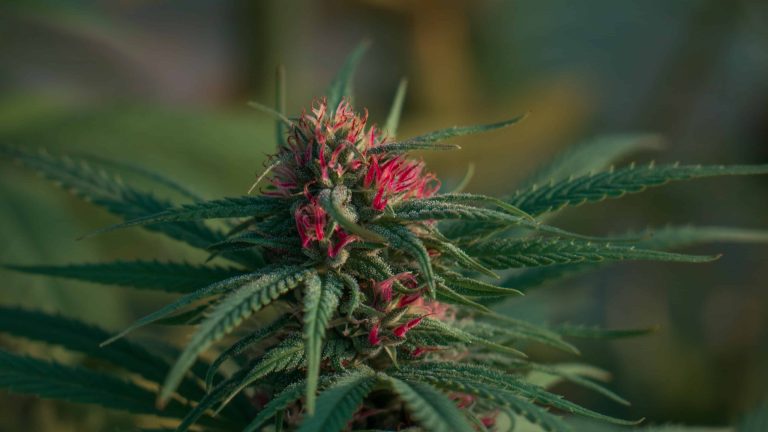Legal marijuana sales in Connecticut remain stable, with the state reporting $21 million in revenue from medical and adult-use cannabis in April.
The figures, reported on Wednesday by the state Department of Consumer Protection, showed that the newly launched adult-use market recorded $10.2 million in the month of April, while the medical cannabis market brought in $11.4 million.
The $21 million in total sales was only slightly below the sales for the month of March, when the state reported about $22 million in cannabis sales.
The $10.2 million in adult-use sales in April represented a new high for the state’s recreational cannabis market, which launched in January.
Previous sales totals for the adult-use market were $9.5 million in March, $7 million in February and $5.1 million in the inaugural month of January.
The Department of Consumer Protection on Wednesday also provided other figures from April’s sales totals, reporting that medical cannabis patients “purchased 314,985 products, and adult-use consumers purchased 259,499.”
“The average product price for Medical Marijuana patients was $36.51 in April, while the average price of adult-use products was $39.58,” the agency reported.
More from the department:
“This data was collected through the state’s Seed-to-Sale Tracking System. DCP does not make revenue projections, set sales expectations, collect taxes, or regulate prices. The preliminary data does not include taxes collected at the point of sale on adult-use transactions and is subject to further review by the department. Medical marijuana patients do not pay taxes on the purchase of their medicine…Sales data for the medical marijuana market is not available prior to Jan. 10, 2023. Seed-to-sale tracking was not previously required for medical marijuana sales. Adult-use and medical marijuana sales are now recorded in BioTrack, the inventory tracking system used to monitor the movement of cannabis products in the state’s medical and adult-use cannabis markets. Transaction limits of 1/4 ounce of raw flower or the equivalent remain in effect for all adult-use purchases. Medical marijuana patients may purchase up to 5 ounces per month and are not subject to individual transaction limits. The Department will make future data available at ct.gov/cannabis. The data will be updated monthly on or after the 10th of each month, and new data will continue to be added as it becomes available.”
Connecticut legalized recreational cannabis for adults aged 21 and older in 2021, when Democratic Gov. Ned Lamont signed a bill that ended the prohibition and laid the groundwork for the market that launched in January.
“That’s why I introduced a bill and worked hard with our partners in the legislature and other stakeholders to create a comprehensive framework for a securely regulated market that prioritizes public health, public safety, social justice, and equity. It will help eliminate the dangerous unregulated market and support a new, growing sector of our economy which will create jobs,” Lamont said at the time. “By allowing adults to possess cannabis, regulating its sale and content, training police officers in the latest techniques of detecting and preventing impaired driving, and expunging the criminal records of people with certain cannabis crimes, we’re not only effectively modernizing our laws and addressing inequities, we’re keeping Connecticut economically competitive with our neighboring states.”
In December, Lamont announced that, as part of the new cannabis law, he was expunging around 44,000 low level pot-related convictions.
“Especially as Connecticut employers seek to fill hundreds of thousands of job openings, an old conviction for low-level cannabis possession should not hold someone back from pursuing their career, housing, professional, and educational aspirations,” the governor, who was re-elected to a second term in November, said in a statement at the time.
